The path to EIT Culture & Creativity was not a mere stroke of luck – as you can read in our origin tale outlined in our first post. Winning the support of the European Institute of Innovation and Technology (EIT) in a Europe-wide competition was the last step of this quest.
For the past 12 years, EIT have supported Knowledge Innovation Communities (KICs) which have been delivering value and making an impact in various sectors. EIT Culture & Creativity is the newest addition to this lineup, the ninth KIC to be exact. By adopting a “last mile” approach of innovation support into markets, it complements the existing EU programs and builds an ecosystem that enhances CCSI competitiveness.
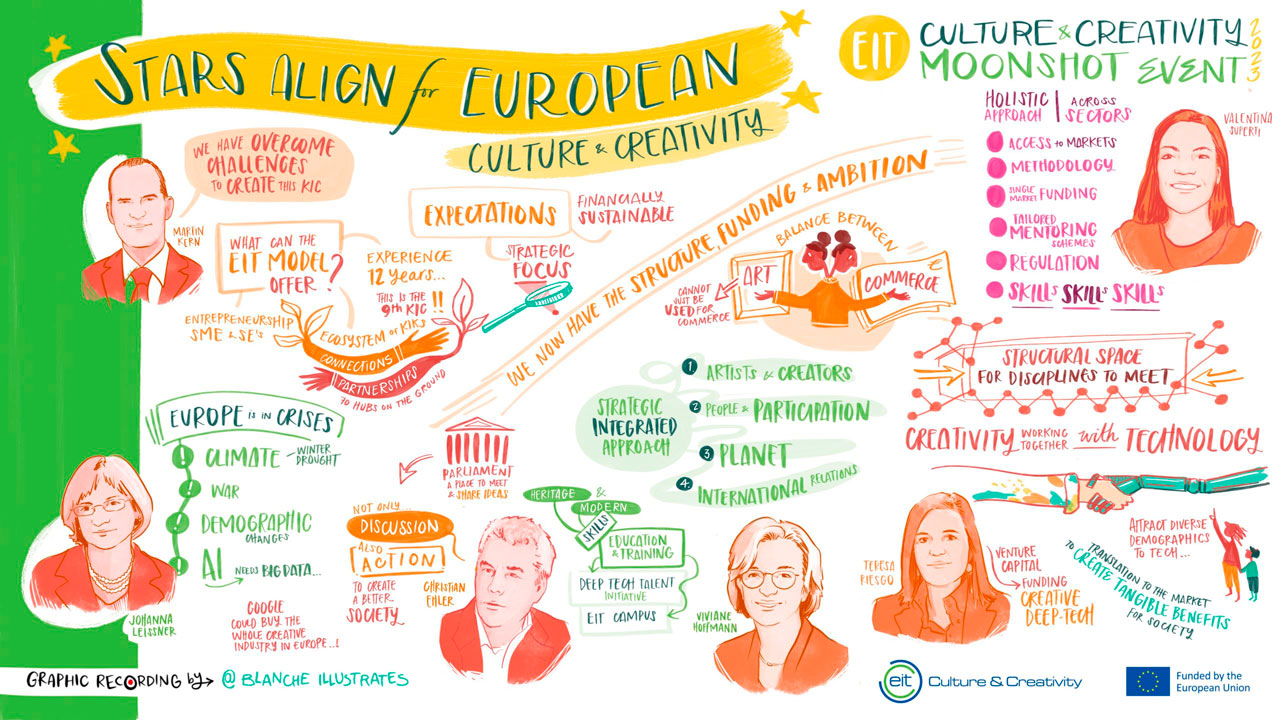
During the EIT Culture & Creativity Moonshot event, Martin Kern, Director of EIT, expressed his satisfaction with the realization of EIT Culture & Creativity. Mr. Kern also reminded us of the high expectations and responsibilities that come with it. KICs have a strong emphasis on sustainable entrepreneurship. They aim to create an enabling environment for innovators and entrepreneurs, providing them with the necessary support such as training, access to investors, technologies, and customers. The goal is to transform their ideas into successful products, processes, or services. Also KICs themselves are expected to be financially sustainable: we embody an entrepreneurial spirit and will become self-sustainableto continue working for CCSI beyond EIT’s support.
EIT Culture & Creativity is prepared to take up this challenge. However, this does not occur in a vacuum. Dr. Johanna Leissner, Scientific representative of Fraunhofer Institute1 and chair of the panel “Stars align for European Cultural and Creative industries” in the Moonshot event, highlighted the current context. Europe is grappling with the horrors of war, the looming threat of climate change, and concerns about the implications of advancements in Artificial Intelligence on social and economic systems. Furthermore, the sector faces other structural challenges, including fragmentation, a lack of entrepreneurial skills, and difficulties in bridging the so-called “valley of death,” where research results decay without ever reaching the market.
Valentina Superti, Director in DG GROW, made a case for a coherent approach to support the diverse and heterogeneous European CCSI. Recognized as one of the fourteen critical industrial ecosystems in the European Industrial Strategy2, a strong methodological base is needed to better understand the complexity of European CCSI. Additionally, promoting a suitable set of cross-sectoral skills and appropriate funding opportunities are crucial for enabling small operators to benefit from the Single Market.
Viviane Hoffmann, Deputy-Director General of DG EAC, emphasized that navigating these challenging times requires an integrated strategic approach. Humanity and aesthetics are fundamental aspects of identities and communities, and culture plays a central role in sustainable development, societal transformation, employment creation, and fostering neighbourly relations. Similarly, Teresa Riesgo, Secretary of Innovation in the Spanish Ministry of Science and Innovation, pointed out that technology, science, and innovation are also creative processes. Creativity and technology go hand in hand, driving each other forward.
Dr. Christian Ehler, Member of the European Parliament, added that creativity opens new opportunities for society to further develop. The beauty of integrating culture and creativity into research, innovation, and business support programs lies in the fact that it is no longer solely about politicians and their budgets, technologies and innovation, or economic growth. Creativity is the magic ingredient that blends technology and aesthetics to enable social acceptability. Ultimately, it is always about the people.
The stars are aligning for the European Cultural and Creative Industries and Sectors (CCSI). As Dr. Ehler puts it, there’s money, structures, ideas, and ambition. EIT Culture & Creativity will seize this unique opportunity to push European Cultural and Creative Sectors and Industries to the next level.
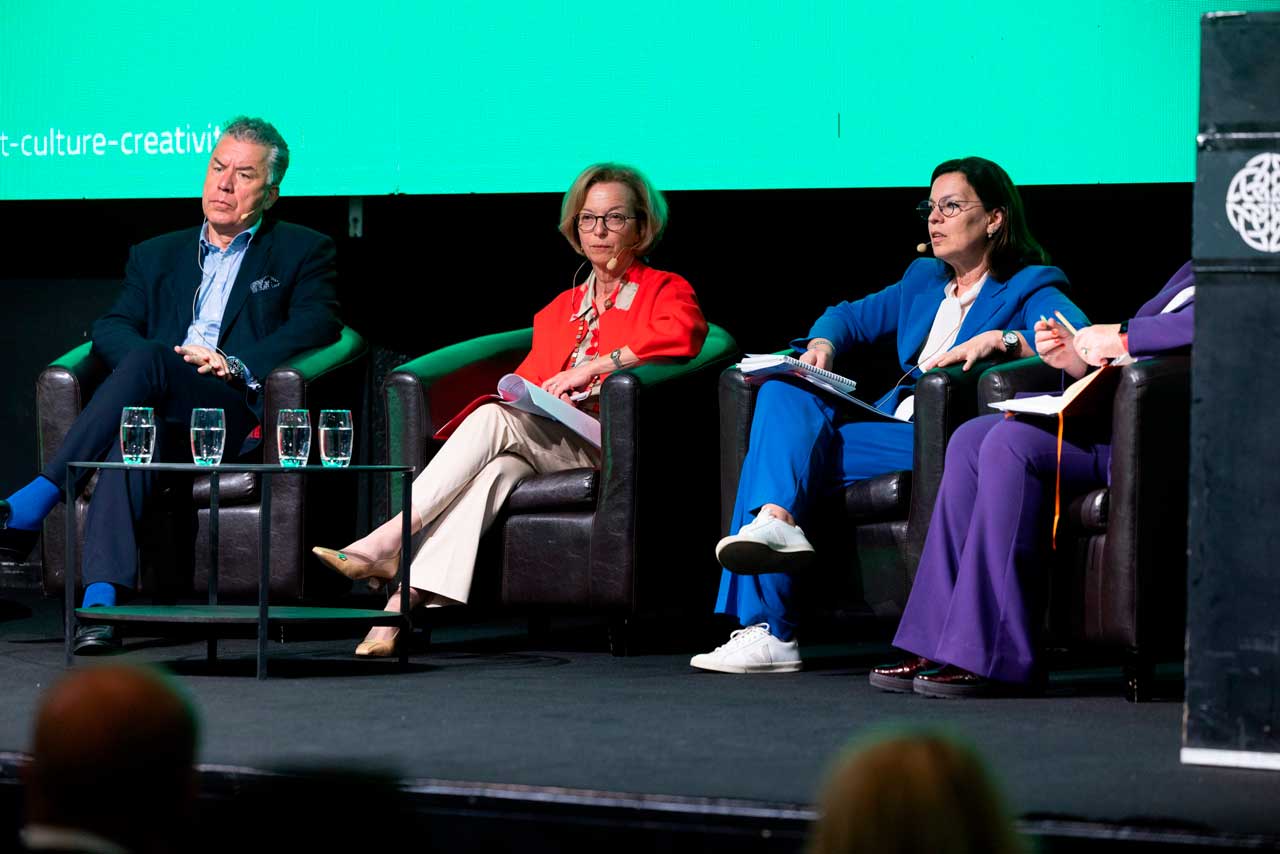
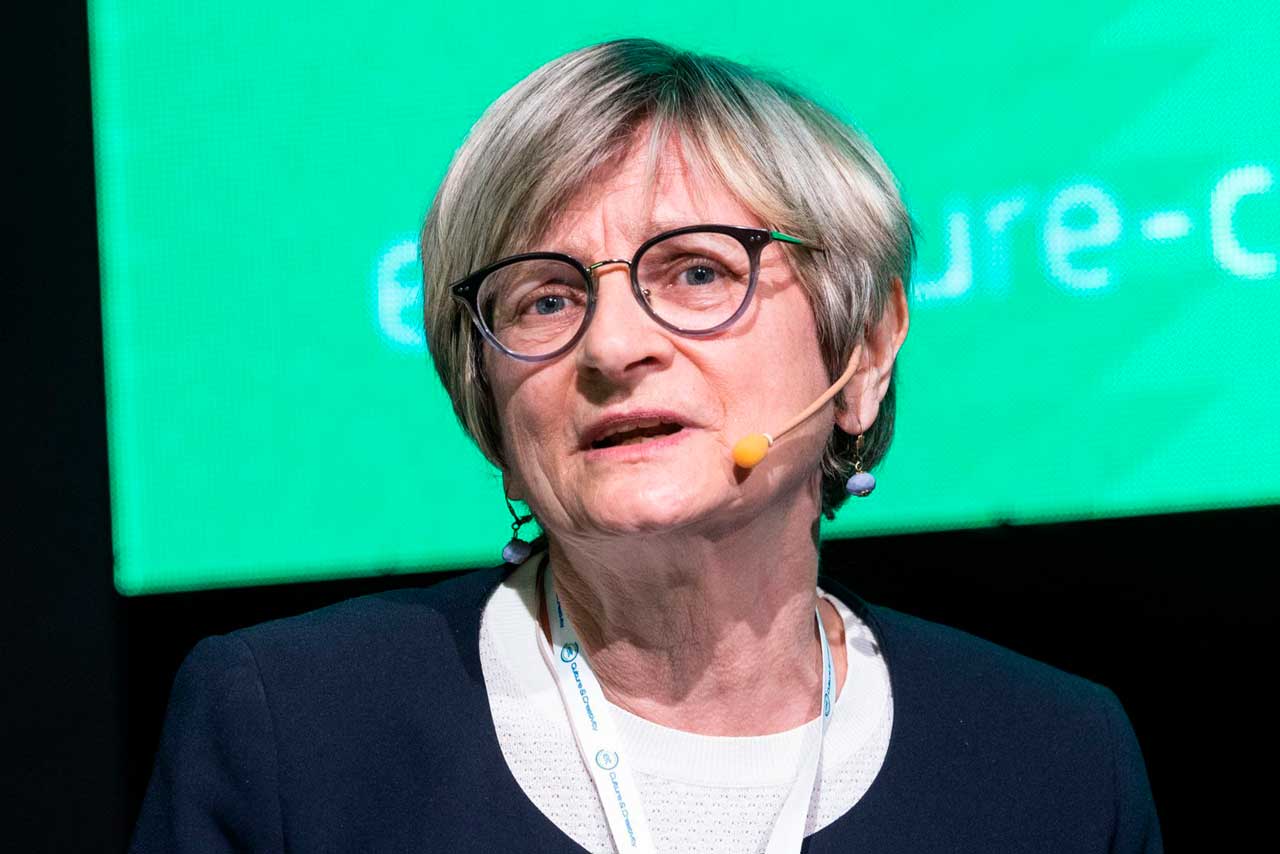
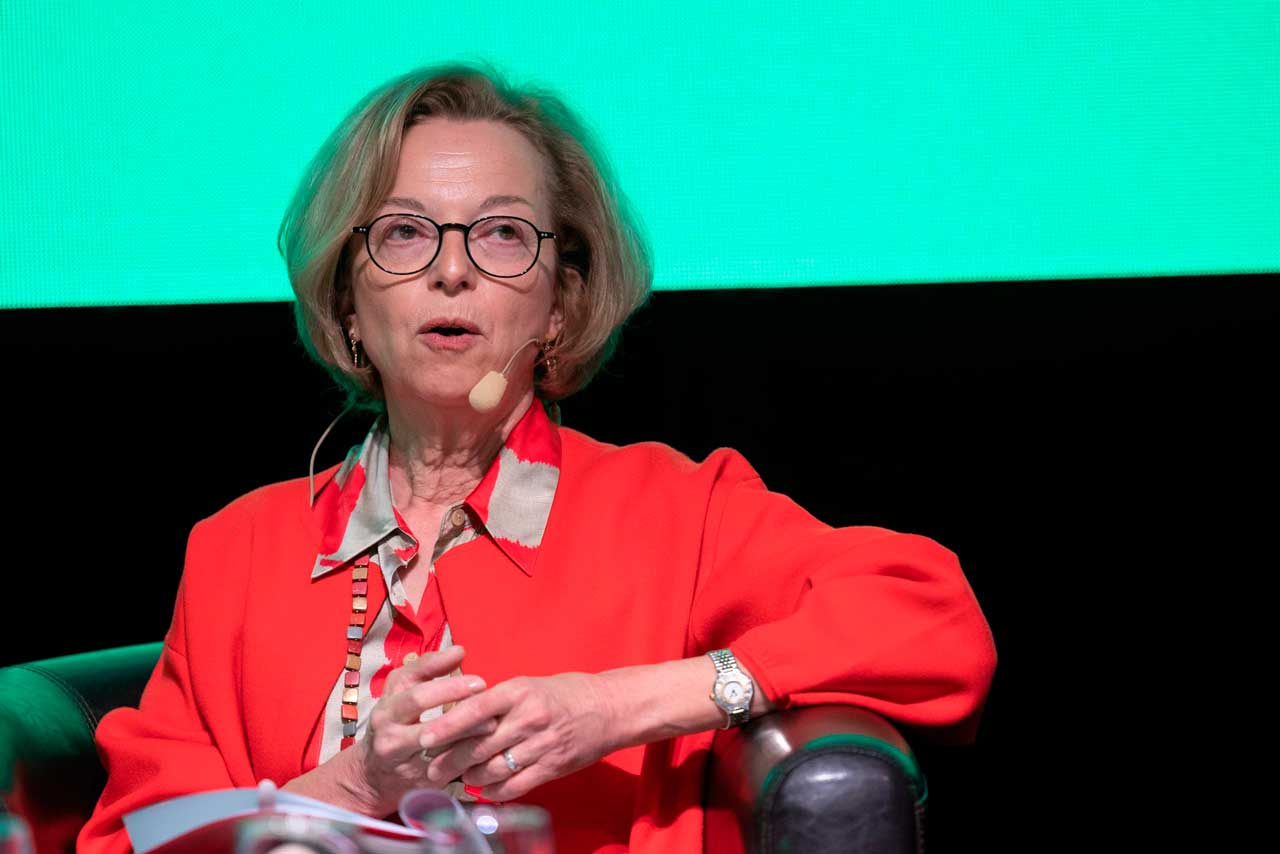
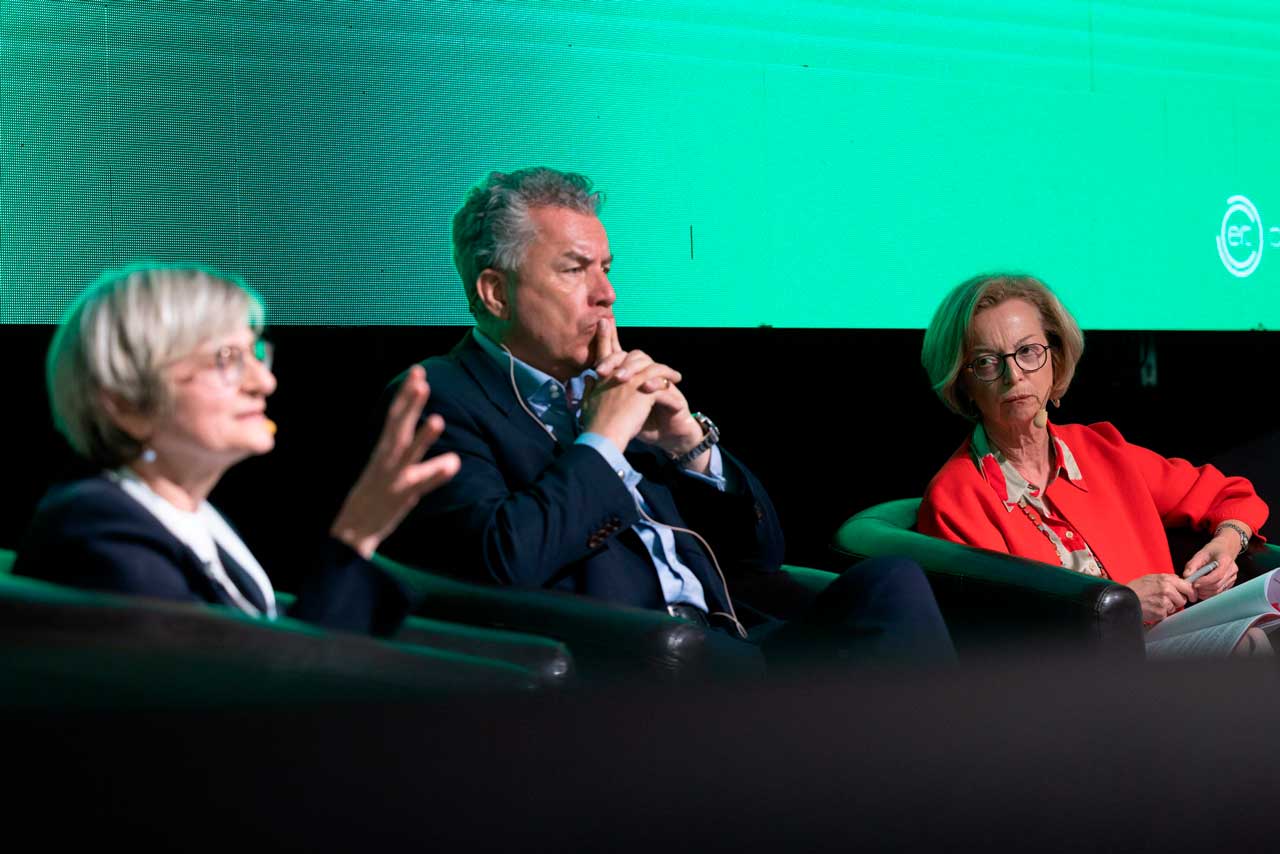
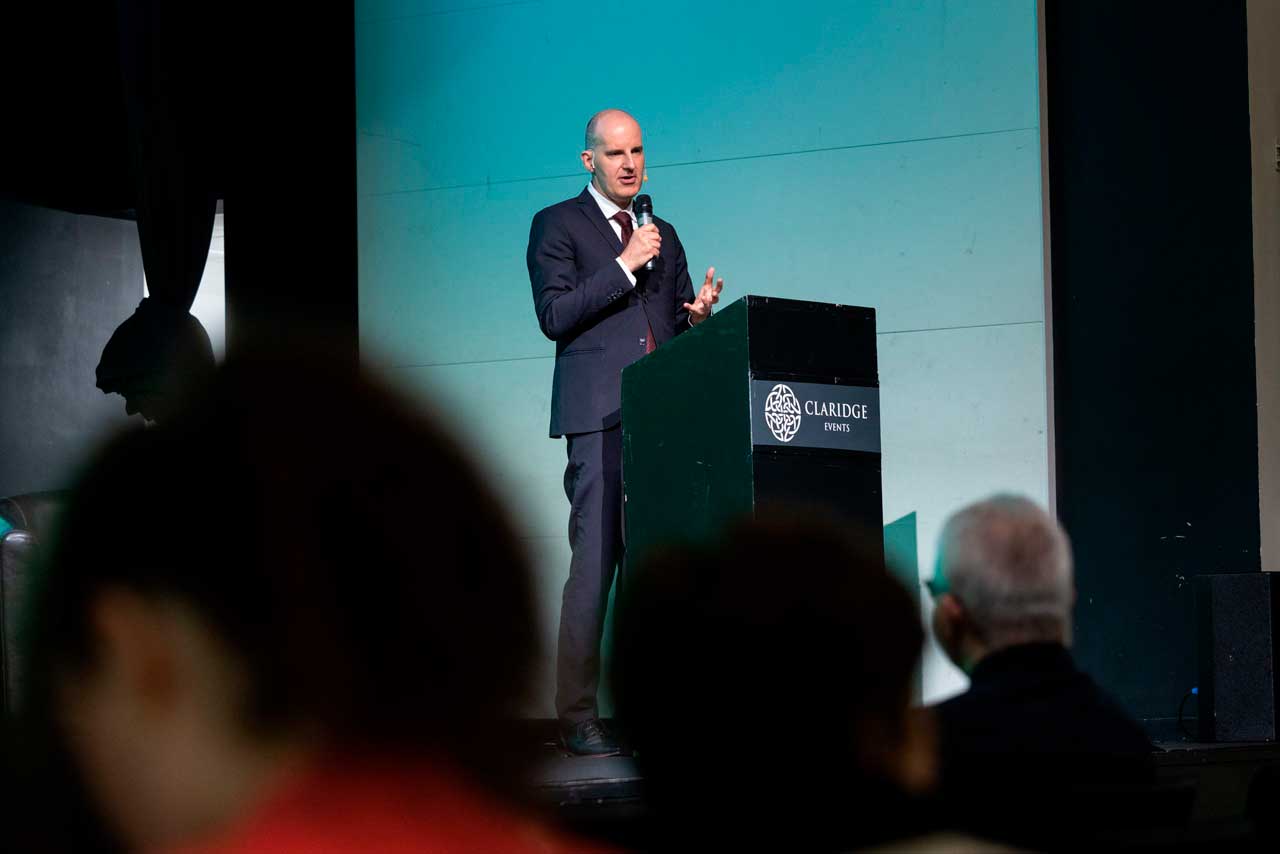
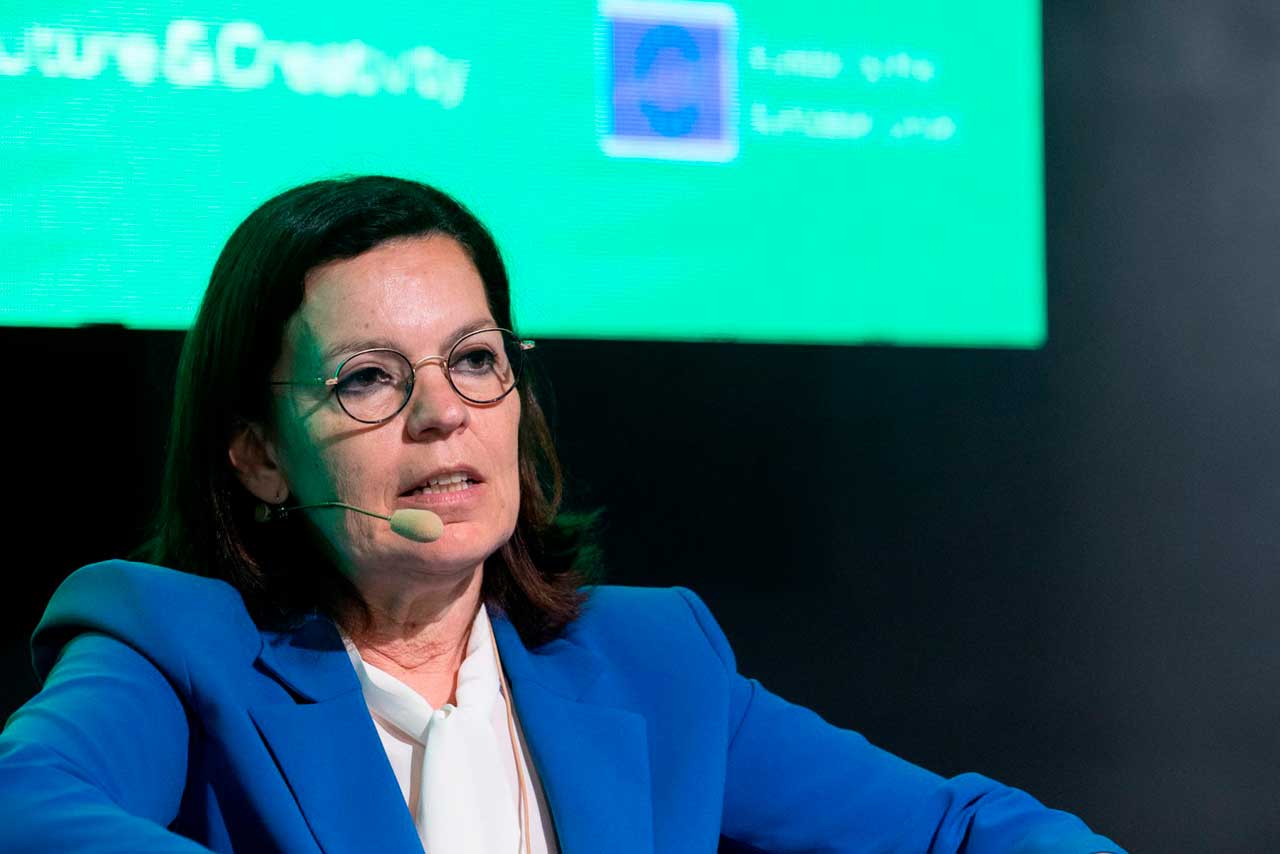
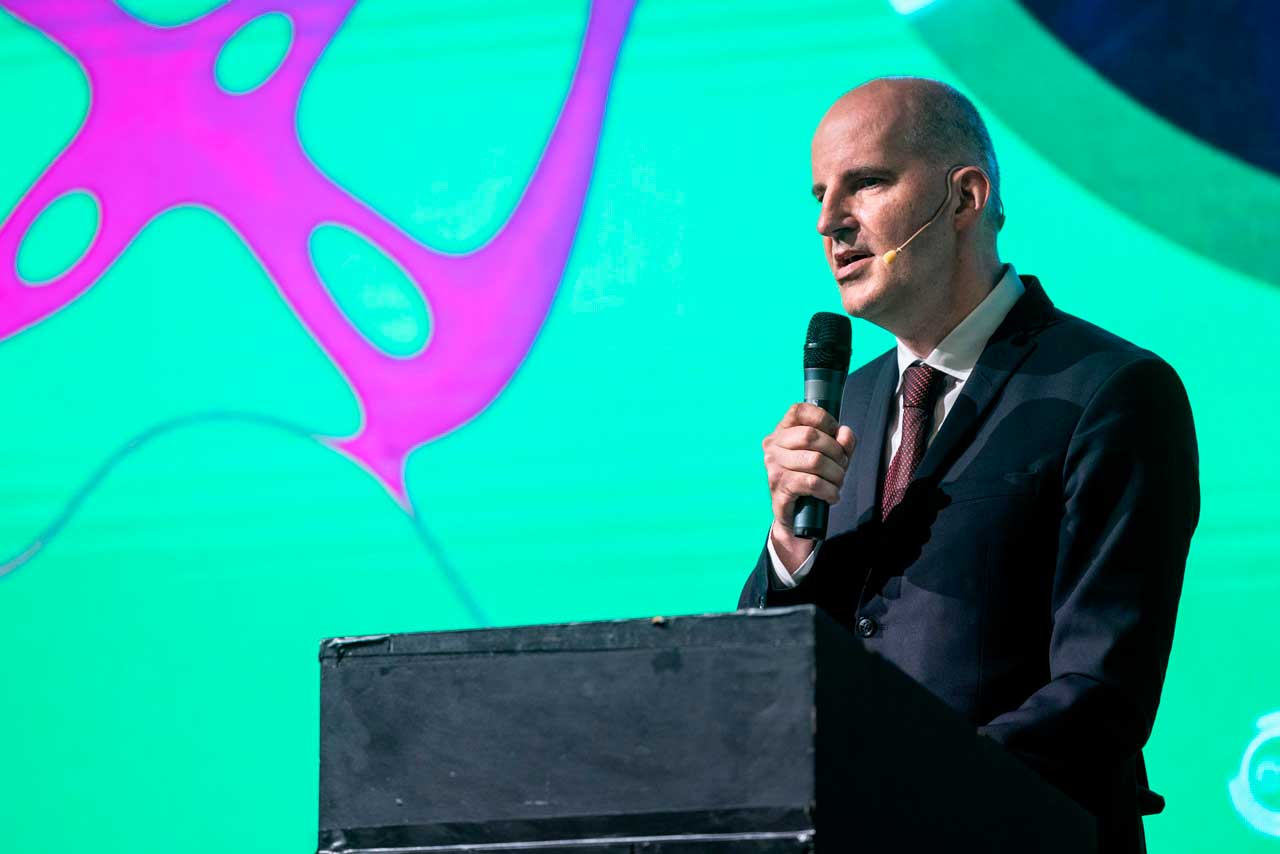
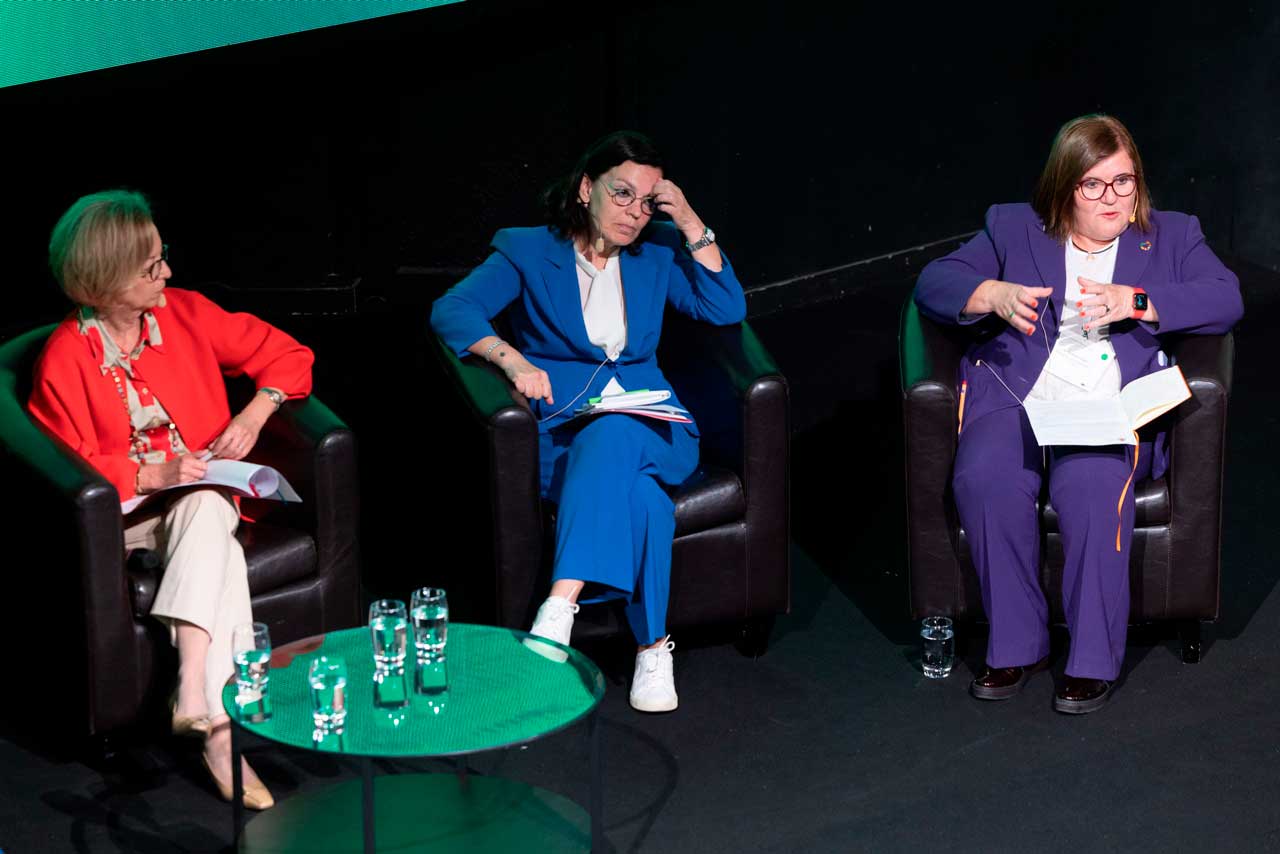
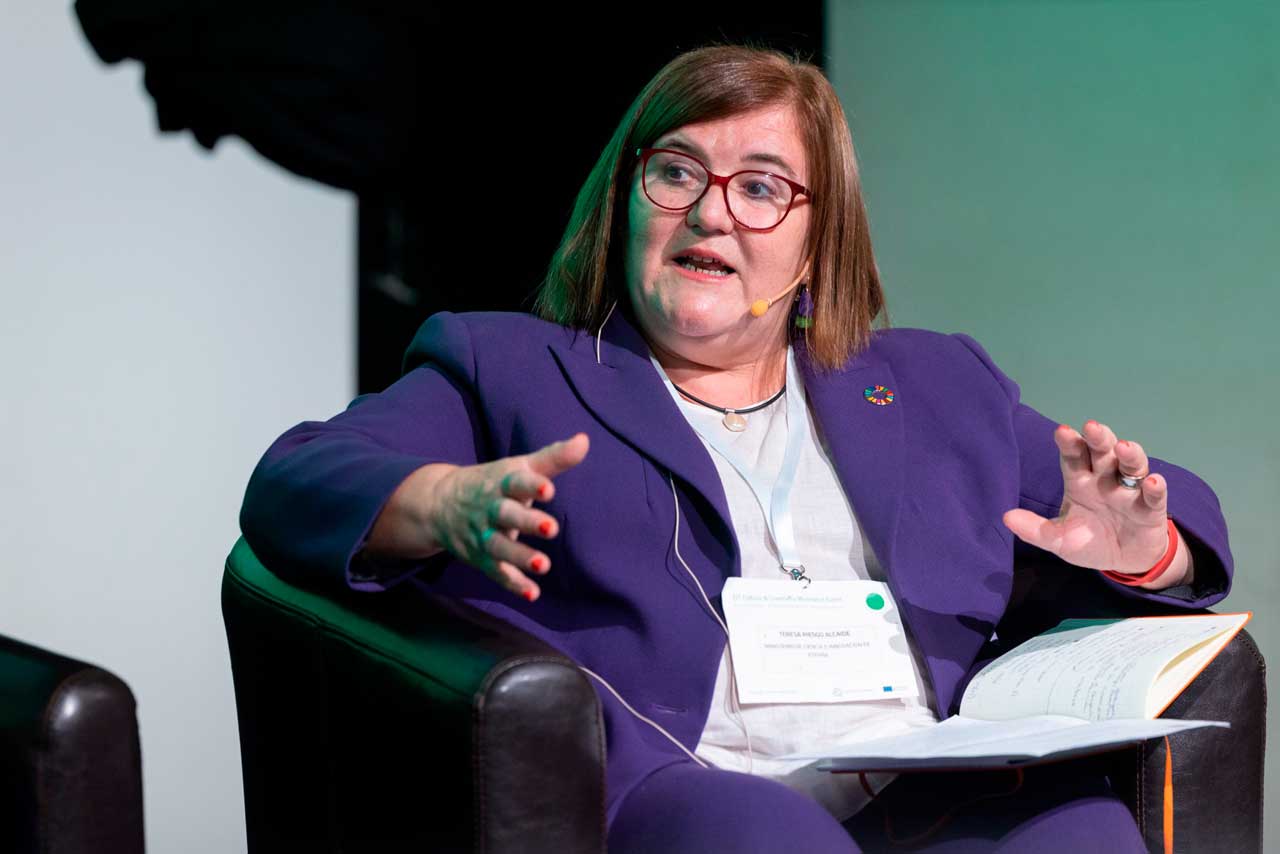
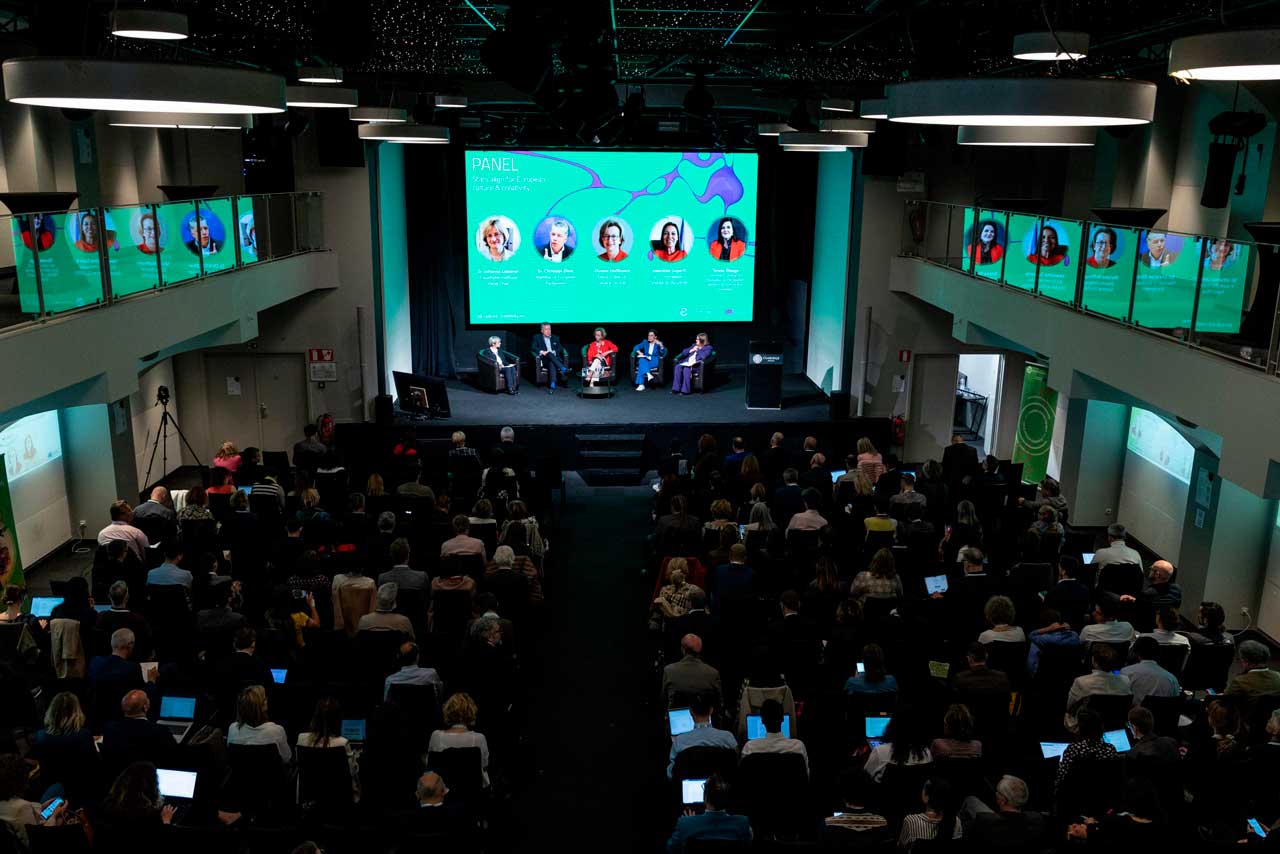
Piece written by Patricia Castillo, interim Chief Communication and Engagement Officer of EIT Culture & Creativity, 13 June 2023
1 Fraunhofer ISC is coordinator of the Startup Grant Agreement through which EIT Culture & Creativity is established and put into operation.
2 European Commission (2020): European Industrial Strategy




This is the second of a series of six posts reporting and reflecting on the EIT Culture & Creativity Moonshot Event held in Brussels on 30 May 2023.
Other posts:
1. EIT Culture & Creativity’s Inspiring Origin Tale. Published 13.6.2023
You may see the full recordings of the event and gallery of pictures here:
https://eit-culture-creativity.eu/eit-culture-creativity-moonshot-event/
Watch the session: 0:44:40 – 1:42:02
Factsheets with detailed information about EIT Culture & Creativity, Membership schemes, Governance structure, Investment Club and Policy Club are available for downloading:
https://eit-culture-creativity.eu/factsheets/
We thank wholeheartedly our collaborators:
Blanche Ellis (Blancheillustrates.com) for the graphic recording. Alexis Haulot for the pictures. QED team for the audiovisual support. Lukas Belting for the animations. AC Coppens for the hosting and moderation.